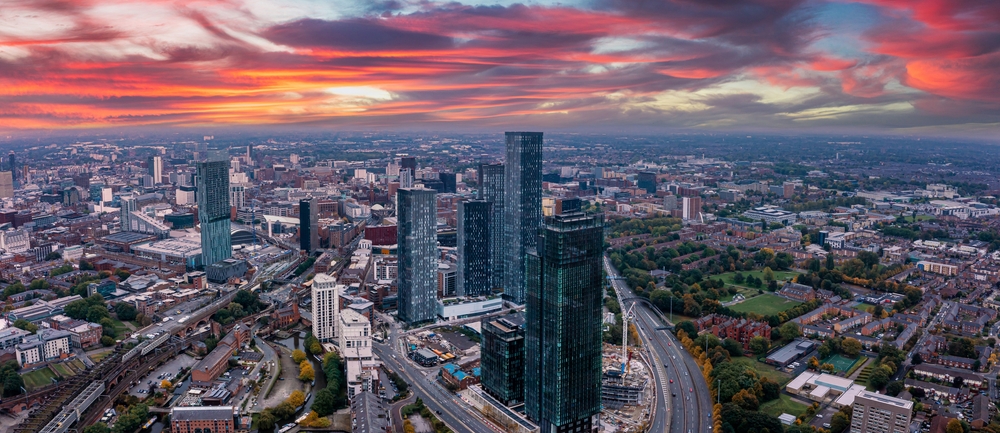The wizard of real estate has seen his business fortunes dip and soar, along with his presidential campaign. Recently, Donald Trump won impressive property––the United States of America––so he’s capped his business struggles, too––at least, for the moment.
Donald J. Trump, who will be the 45th president of the United States, first made his bid for office as he descended down an escalator on June 16, 2015. His business fortunes rose briefly, then they plummeted when his lurid comment toward women made Google News, when he mocked Khizr Khan, among others, and when he skedaddled from one scandal to another.
In the Republican candidate’s hometown of New York, real estate sales for the Trump brand fell by nearly 17.1 percent, while 456 residents from Trump Place Apartments on Riverside Drive launched a petition to remove his name from their building.
Redfin revealed that bookings at Trump Hotels caved 59 percent in the first half of 2016.
The Trump Hotels group replaced his name, for its new line of fancy hotels, with Scion.
For now, at least, Trump seems to have not only secured his business, but has also girdled the White House. Reports say his real estate soared in value post-election.
It’s less clear what the impact his presidency will have on the real estate of the rest of the country.
Most experts predict there will be a rise in interest rates. The Federal Reserve signaled a rate increase in December. Market volatility could influence them to delay the hike, although tax cuts, infrastructure spending, and inflation could herald it.
There could also be gyrations in the stock market. Trump may dilute restrictions and tighten international trade politics. He seems to delight in unpredictability and may play dominoes with the Federal Reserve. All of this and more can hold back corporate investment spending decisions, since, according to the laws of finance, markets thrive on predictability rather than chaos.
An environment of mass deportation and xenophobia could reduce international real estate investment and increase construction cost. It could also minimize the labor pool, and therefore, shrink the U.S. economy. All of this would stifle project development. Real estate prices may dip making rental properties and rent-to-buy propositions more attractive.
On the other hand, Trump has backpedaled on most of his campaign pledges. His "wall" has become a “fence”, and his deportations have dwindled to two to three million criminals.
Could Trump’s presidency profit real estate? We're dealing with an unpredictable man, and perhaps, an unpredictable regency.
His presidential campaign played yo-yo with his business prospects. His kingship may, too.
Image courtesy of Shutterstock







